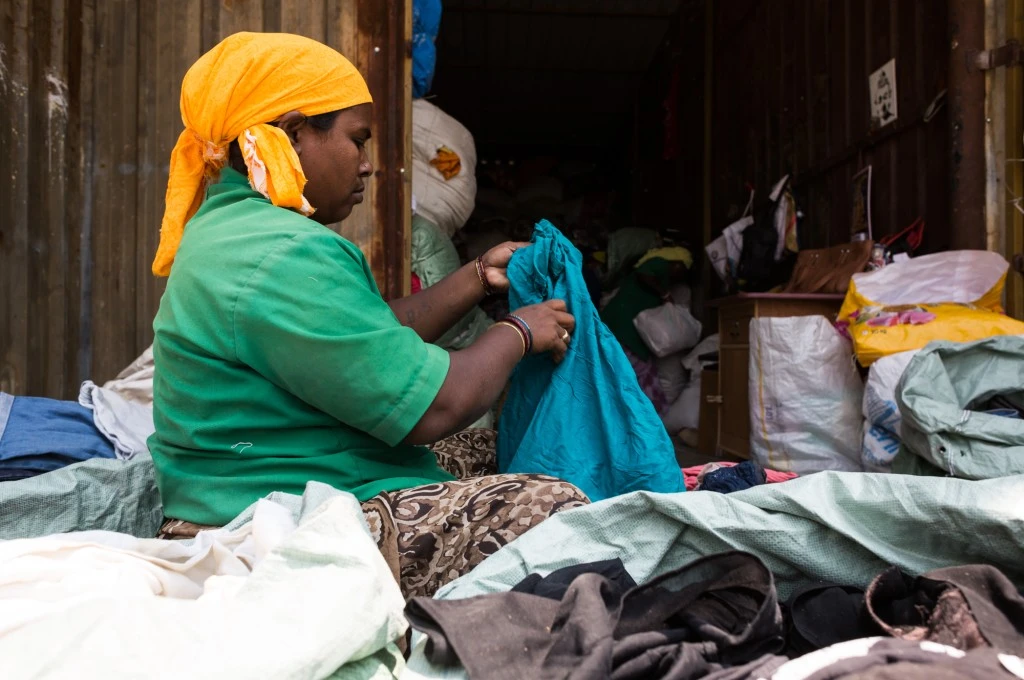Indian civil society organisations (CSOs) are reaching more people than ever before. This growth brings with it high expectations for improved impact, response time, and decision-making, all under strict timelines that leave little room to pause and reflect. Monitoring, evaluation, and learning (MEL), designed to enable this reflection for CSOs, now serves mainly as a reporting tool.
Some CSOs integrate MEL into their core strategy, while others use it sporadically, driven by donor demands, resources, and the lack of common frameworks. This creates a landscape of strong intent but uneven capacity and fragmented practice.
A recent report by Sambodhi and Dasra examines this disconnect, and reimagines MEL as a system that goes beyond performance tracking to foster learning, accountability, and agency across India’s civil society.
The report draws on quantitative survey data from 175 CSOs associated with Dasra’s Rebuild India Fund. This data is complemented by in-depth interviews with 15 CSOs, chosen to reflect diverse organisational types, geographies, years of operation, leadership profiles, thematic focus areas, and budget sizes. Donors closely engaged with the ecosystem also participated in the interviews.
Based on these insights, the report identifies gaps in the MEL ecosystem and proposes a forward-looking strategy for a more robust MEL practice across the sector.
The gaps that persist
1. MEL as a strictly donor tool
MEL systems exist, but remain underutilised across the sector. Of every 100 data points collected by CSOs, 73 are used for donor reporting. Only 18 percent of data supports internal decision-making and learning, whileeven less informs communication or community engagement.
Therefore, although data points are being collected, they rarely turn into insight. Many CSOs rely on leadership or external consultants for impact reporting, since frontline staff often lack the time or expertise to engage with the data.
Funders share these concerns and acknowledge that current due diligence and reporting systems focus on outcomes but seldom evaluate whether organisations can deliver on MEL. There is little emphasis on foundational factors such as clarity of purpose, team stability, or adaptive leadership.
Donor-driven funding often excludes the very communities that contribute to the data from accessing it. While 81.8 percent of CSOs reported that they share findings with the communities they serve, practices vary widely. These efforts focus mainly on monitoring or co-designing through staff-led check-ins. Participatory MEL, where communities co-create, assess, and interpret impact, remains uncommon.
2. Chronic underfunding and staffing gaps
Robust MEL systems require resources, but funding shortages limit organisations’ aspirations. Investments in MEL-related concerns—including skilled staff, evaluation expertise, technology, and operational support—are often missing from programme budgets, especially at grassroots-led CSOs.
Survey data confirms this, with nearly six in 10 organisations allocating less than 5 percent of programme budgets to MEL. Most CSOs operate with lean teams where MEL responsibilities are shared informally by the programme staff. The data reflects this, with 42.5 percent of organisations relying on programme teams for evaluations and only 21.8 percent having internal MEL teams.

3. Digital tools being widespread but lacking depth of use
Technology adoption in MEL varies in depth. Only one in 10 organisations reported relying solely on manual processes. Most (68 percent) use tools such as Excel and Google Forms instead of paper-based methods. Approximately 10.3 percent of organisations also experiment with AI tools such as ChatGPT.
However, when looking at what technology is deployed for, the report finds that CSOs largely limit their use of digital tools to data entry. Therefore, while many CSOs demonstrate an openness to using technology, its potential for analysis, learning, and decision-making remains largely untapped.
Digital MEL systems run the risk of exclusion. Frontline staff and communities with limited access to language, literacy, or technology are particularly vulnerable to such exclusions. Organisations counter this challenge by pairing digital tools with analogue formats for wider participation. Some develop multilingual materials and formats that reflect community voices. These efforts require time, resources, and commitment.
How can MEL be strengthened?
The report proposes five strategic shifts to transform MEL into a driver of impact:
1. Design for learning, not just measurement
Fixed, one-size-fits-all metrics cannot capture shifting ground realities. MEL systems must enable real-time feedback, continuous learning, and adaptive decision-making. When built for learning rather than just reporting, MEL supports reflection, relevance, and lasting impact.
2. Invest in capacity
MEL should be part of everyday work and not seen as a separate or external task. This requires ongoing investment in:
- Building analytical and interpretation skills across all staff
- Providing access to digital tools and multilingual resources
- Developing context-specific, outcome-focused indicators
These investments build confidence and help organisations define and lead their own learning journeys.
3. Position peer networks as core learning infrastructure
Grassroots CSOs learn best in trusted and collaborative spaces. Peer networks and communities of practice offer vital platforms for real-time reflection, co-creation, and building resilience.
These spaces do more than share knowledge. They enable discussions on what didn’t work, challenge assumptions, and craft MEL approaches suited to local context. In resource-constrained environments, they fill gaps left by formal MEL systems, offering flexibility and agility.
4. Build shared tools for inclusive insight
Organisations need open, shared platforms to learn from one another across regions and themes. Flexible, locally benchmarked indicators that developed and governed by the organisations themselves are essential, not optional.
These tools decentralise knowledge, amplify under-represented voices, and allow data analysis without losing context. They surface insights grounded in local realities yet valuable for broader strategy, leading to more inclusive and informed decisions.
5. Decolonise MEL
Decolonising MEL redistributes power. It begins with informed consent and includes participatory analysis, where communities provide and interpret data, and help shape resulting actions.
Community ownership of data and insights takes MEL from extraction to empowerment. The consequent findings serve not just funders, but also the people who generate them. This shapes strategy, changes narratives, and restores dignity to the process.
CSOs in India stand ready to own MEL and drive it internally. What they need now is patient funding, strategic flexibility, and a mindset shift—from compliance to curiosity, and from extractive evaluation to collaborative learning. This change will help MEL evolve from a practice of simply reporting what worked to understanding why it did.
—





